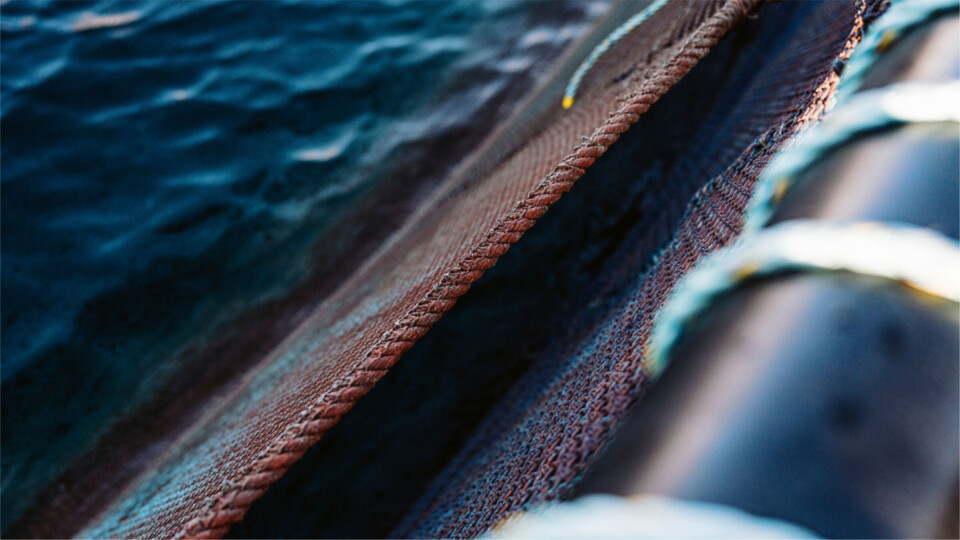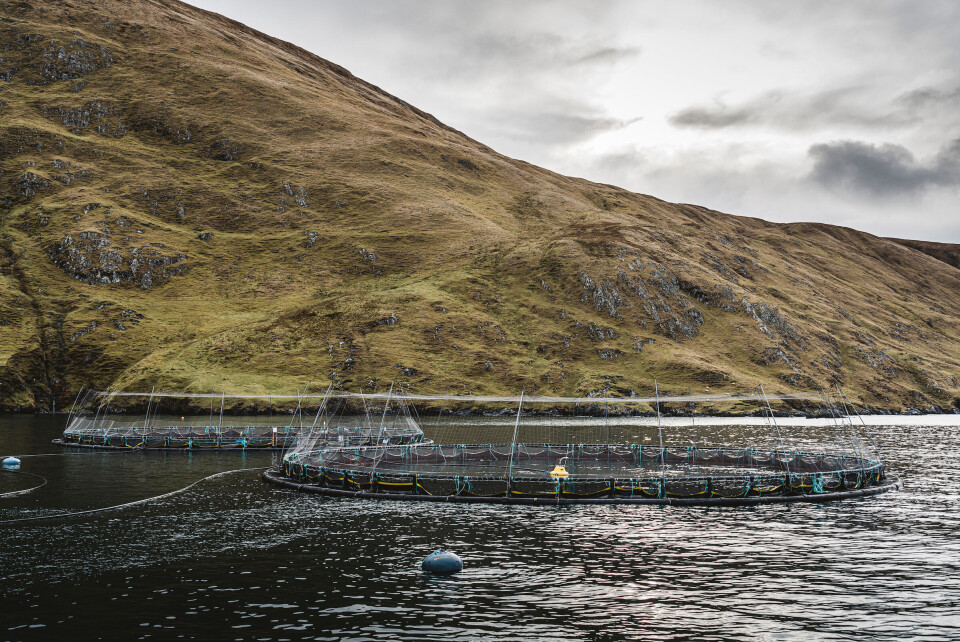
Double netting puts paid to predators at SSF sites
A switch to double netting at two salmon farms plagued by seals has paid dividends for Scottish Sea Farms.
The farm team arriving at Swarta Skerry and Bellister in Shetland is used to seeing up to 60 seals on a nearby island between the two farms.
But thanks to a trial with double netting, there has been no seal predation since the beginning of the cycle last July.

Away from the edges
“We were hit hard by seal predation during previous generations. Introducing (seal resistant) Sealpro nets did help but it didn’t solve the problem completely, so for this generation we decided to try double netting,” farm manager David Bisset told SSF’s company newsletter, The Source.
“The outer net is still the Sealpro, then we’ve added a nylon net on the inside, which helps keep the young fish further away from the pen edges where the risk of predation is greatest.
“Since input, we have had no seal attacks; they seem to have moved away completely.”
Less space
One disadvantage of double netting is that it reduces the space available for fish as they grow, which may prompt a move to larger pens.
“Having a smaller net inside the bigger net changes the stocking density,” Bisset told The Source. “This is fine when the fish are young but when the current generation reach a certain size, we’ll need to remove the inner net to comply with RSPCA stocking densities.
“Moving to larger, deeper pens for the next generation would allow double netting to be used throughout the marine stage.”

‘Learning curve’
At SSF’s Holms Geo site, also in Shetland, farm manager John Henderson has recently moved to 120m pens, each fitted with double netting.
“As with every new advance, it’s been a learning curve,” said Henderson. “But the extra work involved will be 100% worth it if it reduces predation.”
Scarecrows
Sea birds predate on fish, too, and the Holms Geo site is trialling fibreglass poles which help raise top nets further away from the water’s surface.
The team is also experimenting with scarecrows on pens.
“We’ve taken a centuries-old tactic from land farming and applied it to marine farming to deter sea birds from coming too close,” said Henderson. “Time will tell if it works but we’ll try anything to protect the fish.”






















































